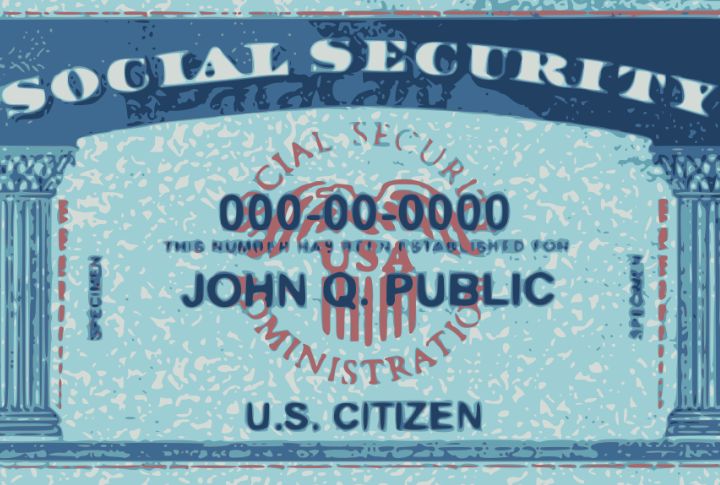
Your paycheck could look very different soon. A new Senate bill promises to leave more money in the hands of workers earning tips or overtime pay. However, it comes with challenges that employers and employees must work their way through. Curious how much extra you might take home and what it means for payroll? This list has all the answers.
Retroactive Relief For 2025 Tax Filings And Payroll Adjustments

Workers gain immediate financial relief, with the ability to amend early 2025 tax filings and boost take-home pay. The retroactive benefit reduces stress and improves short-term cash flow. To support this, employers must adjust payroll systems and reporting processes to ensure all qualifying tips and overtime are correctly documented for IRS compliance.
Provides Above-The-Line Deduction For Tips And Overtime

The Senate bill allows deductions for qualified tips and overtime pay when reported on tax forms. This exemption reduces taxable income without affecting payroll taxes. As a result, it can increase take-home pay for millions and support workers in service industries while maintaining compliance with labor laws.
Deduction Benefits Primarily Middle-Class And Lower-Middle-Class Workers

Middle-income earners gain the most, especially those regularly working overtime or receiving tips. Low-income earners who are below the standard deduction see limited benefits. The reforms aim to increase take-home pay for working families and phase out advantages for higher-income workers.
Deduction Caps And Income Thresholds

Tip deductions are capped at $25,000; overtime is capped at $12,500 for individuals and $25,000 for joint filers. Phase-outs begin at $150,000 for singles and $300,000 for couples, with benefits reduced by $100 for every $1,000 over the threshold.
Reporting And Documentation Changes For Employers

Employers must report tips and overtime on W-2s and 1099s. Payroll systems may also need upgrades. Although there may be initial administrative costs, accurate reporting enhances compliance and reduces the likelihood of IRS audits or underreporting, especially in industries such as restaurants and beauty services.
Limitations For Workers With Work-Eligible Social Security Numbers

Only workers with valid SSNs qualify for deductions. It ensures that benefits reach legally employed U.S. workers and prevents misuse of federal revenue. So, employers must verify SSNs carefully and balance compliance with efficient payroll management to avoid errors or accidental denial of deductions for eligible employees.
Enhanced Employer Tax Credits For Businesses In Tipped Occupations

Restaurants, salons, and other industries that rely on tips benefit from extended tax credits, which help offset the reporting and withholding burdens. These incentives encourage accurate tip and overtime reporting while supporting compliance. Together, the combination of employee deductions and employer credits strengthens the overall ecosystem for hourly and service-based workforces.
The Bill’s Temporary Nature And Sunset Clause

Workers and employers will gain immediate tax relief from 2025 through 2028. The temporary nature of this relief creates uncertainty for long-term planning. Therefore, Congress may review or extend provisions before expiration. The sunset reflects a compromise to limit federal revenue loss, urging households and businesses to plan for possible post-2028 changes.
Tax Savings Illustrated Through Practical Examples

By including real-world scenarios, such as a $30,000 worker earning $5,000 in overtime and saving $600 in federal taxes, the bill helps employees visualize actual benefits. These practical examples enhance understanding and make complex tax provisions more accessible to both workers and payroll professionals.
Senate Bill Differs From House Version In Several Key Aspects

Compared to the House bill, the Senate imposes deduction caps and requires joint filing for couples, while limiting qualifying occupations. It adds detailed reporting for employees and non-employees, with slightly different phase-out thresholds. These changes prevent abuse and ensure fiscal sustainability without undermining benefits for workers.

